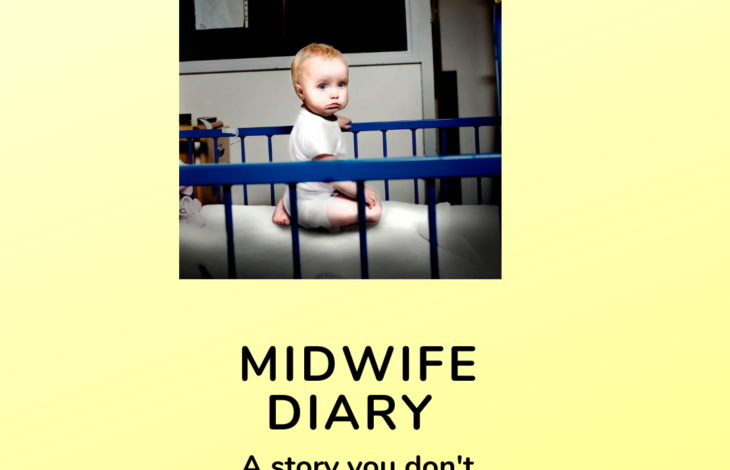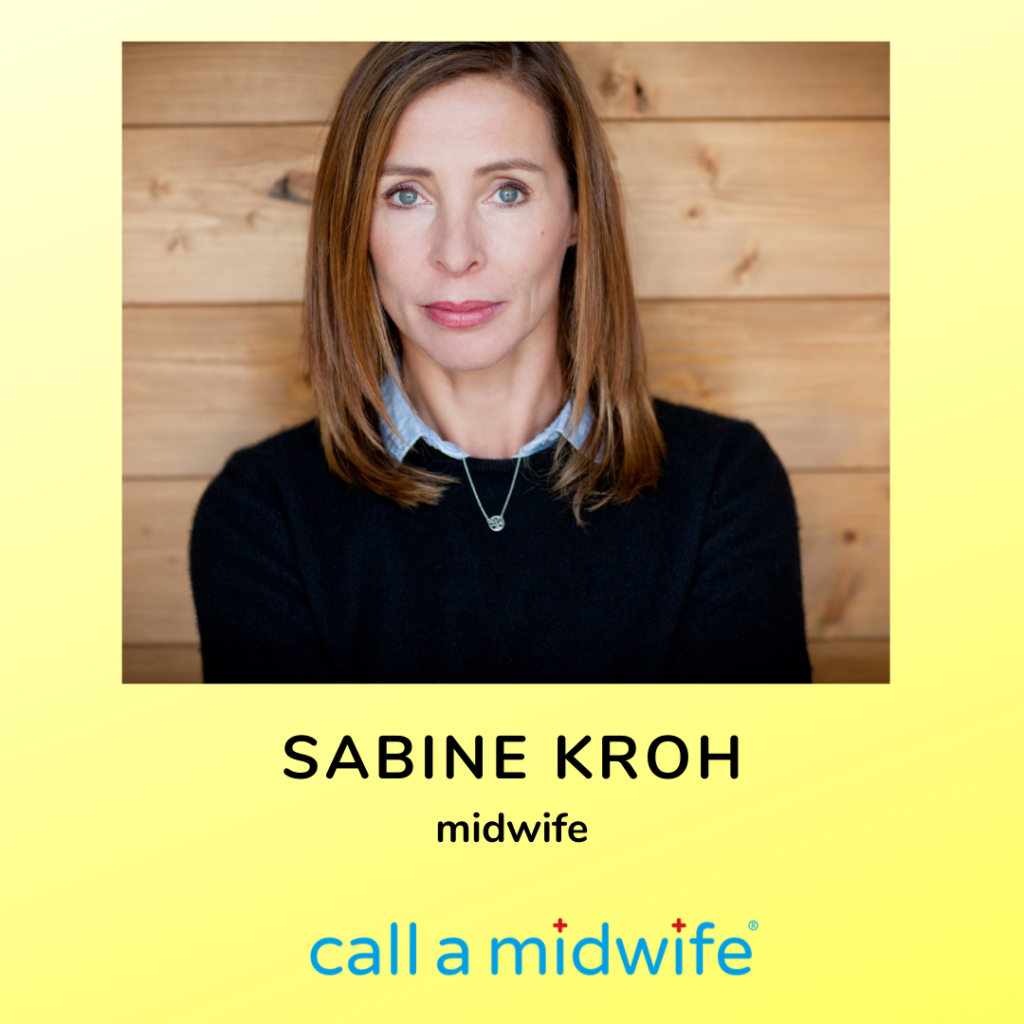A story you don’t just tell
People often ask me if I’ve ever seen anything bad as a midwife.
I’d like to ask them back, what is meant by „bad“?
„I don’t know, like whether a baby has ever died in childbirth or something“.
The question itself always strikes me. But it shows how much fear the birth of a child still occurs in our culture. I could take a look back at the past 100 years of obstetrics. The history of our families books shows clearly that it was not so long ago that the death of a child during birth was nothing unusual. This normal fear of the birth of a baby, which turns our usual life upside down and which we cannot control not even in the 21st century, is a sign of respect and humanity.
As a midwife I can never take that fear away from women.
That would be like a stewardess putting her hand on the shoulder of a passenger with fear of flying and explaining the very low probability of the plane crashing. Do the flight attendants whisper behind the doors that the lady sitting on seat 21c is afraid of flying? We don’t talk to each other in the midwifery room.
Mrs Müller in delivery room number 3 is afraid of giving birth.
The fear of giving birth is unreal and very difficult to understand. The statistics of deaths of babies during childbirth in Germany, or science behind rapid reduction in maternal and infant mortality, are just not calming down, nor is the probability of an airplane crash. Women will not, highly motivated, ring the bell at the delivery room and master the birth with a bright smile.
Every midwife experiences bad things, but we don’t tell them at parties for entertainment.
In all these years the story of a little girl Marie has touched me deeply. She was born with a serious heart defect. Her parents knew about it before she was born and they made a conscious decision to have this baby anyway. The prognosis for this child in the 21st century was very promising.
After the birth, the clinic called me and asked me if I was sure about caring for such a baby at home until the heart operation? Of course I was happy to do that.
These two weeks of care were a great professional and also emotional challenge for me, even though I had many years of experience.
These special moments also bring you closer to a couple. The young parents enjoyed the time with the little one at home, as if they knew that their time together was limited.
When Marie finally had the surgery, it was soon clear that she would need a donor heart. Since Marie also had a very rare blood group, she not only needed the best medical knowledge, but also a large dose of luck. Another baby would have to die for Marie to have a chance to live. How terrible it seemed to me. I admired the nurses and doctors whose daily job it was to deliver such news and who faced these situations every day. As a midwife I rather wiped away my tears of joy at the delivery room.
I started visiting Marie and her parents at the clinic every week. We became friends. I saw Marie laugh and grow. We played and fooled around with her- and sometimes we just were sitting quietly beside her bed.
On her first birthday we wore colorful hats and streamers ran around her bed. Marie died just a few days later. She didn’t have the strength to wait. A week later we washed her, dressed her in a beautiful dress, brushed her hair and made braids. We said goodbye to Marie.
Afterwards we got drunk together in a bar in Berlin.
We didn’t talk about our feelings that had been triggered in us this year and this little coffin. My midwifery profession had nothing to do with it for a long time. Here I was just mother, friend and support.
11 months later Marie’s little brother was born. A healthy and strong boy,
Today 8 years later there are 2 brothers and one sister. The picture of Marie is on the window. We are talking about her.
It’s a terrible story. No, it’s not something you just tell.


